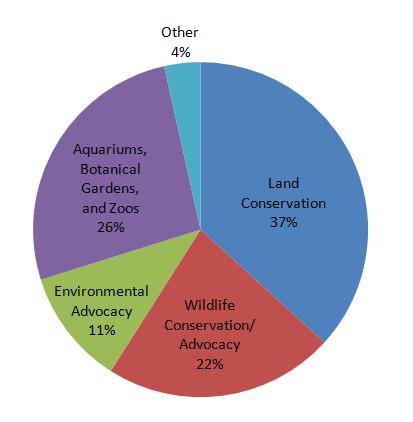Wolf Conservation in Greater Yellowstone
April 16th, 2009Posted by: admin
In yesterday’s Daily Camera, columnist Clay Evans wrote an editorial criticizing Secretary of the Interior Ken Salazar for delisting wolves from the Endangered Species Act in Idaho and Montana. My critique of Evans’ position was printed in today’s Letter to the Editor:
Clay Evans’ editorial “Delist Wolves: Not So Fast” (Camera, April 15) does a good job of summarizing the most recent incident in a more than 100-year struggle over how wolves should be managed in greater Yellowstone and who gets to decide. However, the focus on Ken Salazar’s decision to delist wolves from the Endangered Species Act is a distraction from the real issue.
It is often asserted — as Evans does — that there are two types of people: those for wolves and those against. While this dichotomy is a convenient explanation for storytelling, a number of studies demonstrate that the public holds a wide range of attitudes towards wolves. Framing the political debate as “yes” or “no” is inaccurate and serves to perpetuate this 100-year conflict.
The most promising long-term solution for wolves is not protection under the Endangered Species Act. Rather, we must reduce the political intensity of wolf management and develop co-existence strategies. Wolves deserve a future no matter who is in political power. The best place to start is where human-wolf conflict actually occurs on the ground. Hint: The real issue occurs far from Washington D.C.
 James “Gus” Speth just published an article in
James “Gus” Speth just published an article in 
